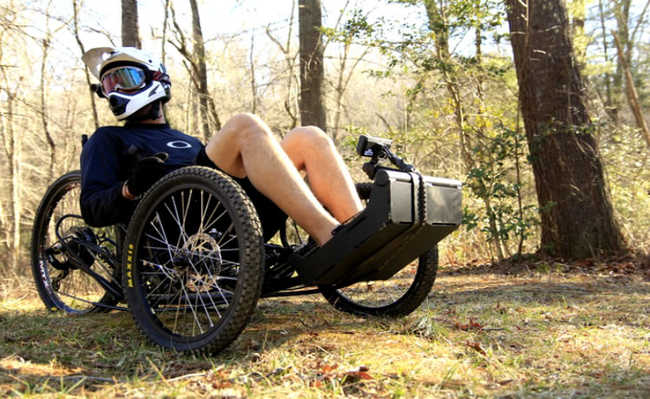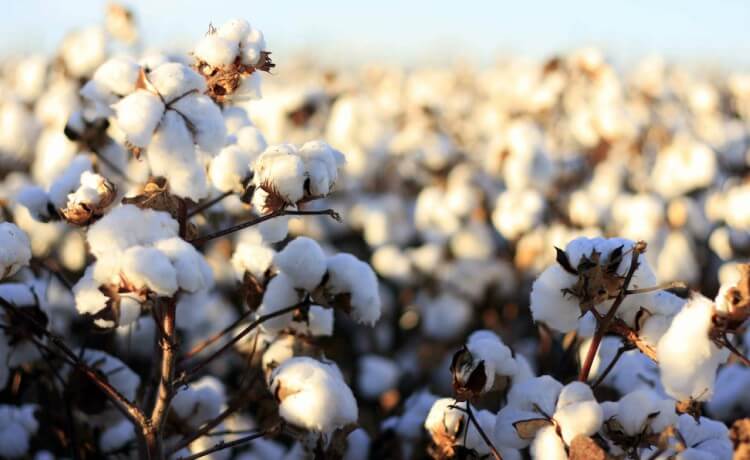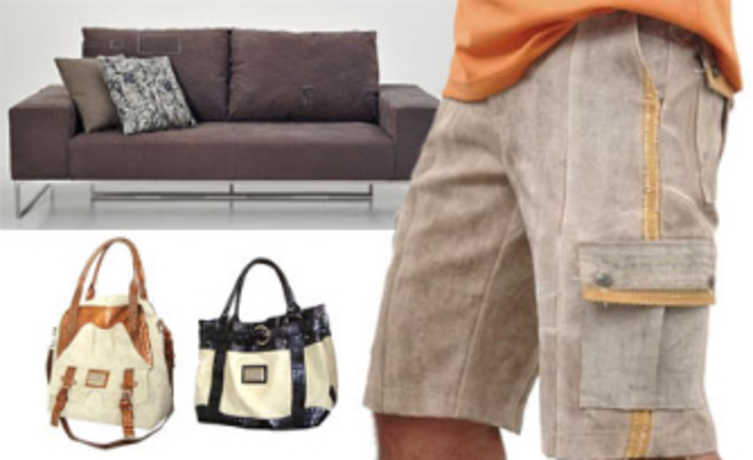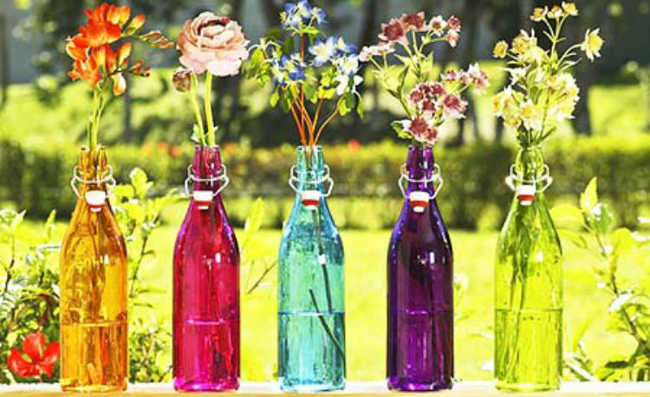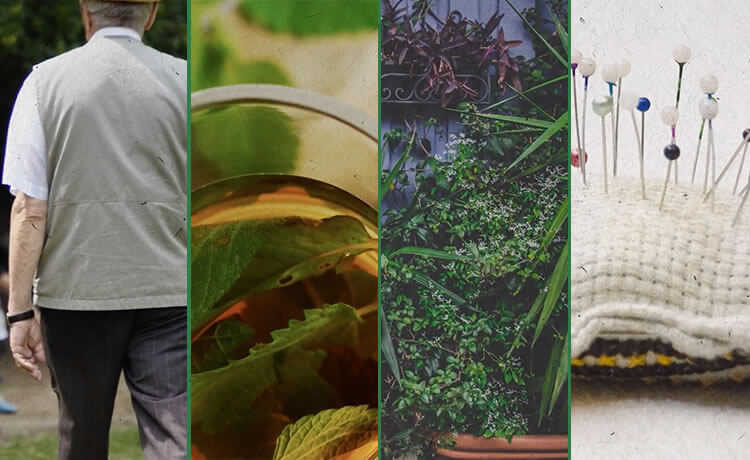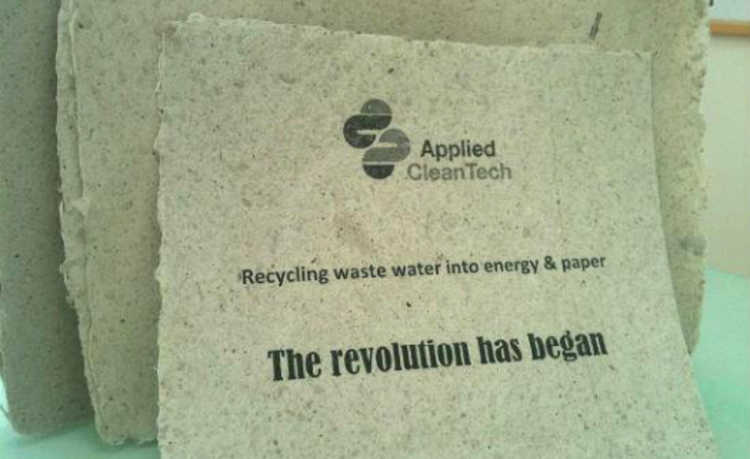How to reduce plastic consumption? Check out tips
Avoiding overuse of plastic is possible. Check out some tips on how to avoid using plastic and help reduce plastic waste in the world

How to reduce plastic consumption? To reduce organic household waste we already have the answer: avoid unnecessary consumption and waste - and practice composting. But what would be the solution to reduce the amount of other types of waste, such as plastic? After all, despite having many convenient qualities, plastic is one of the biggest reasons for concern today.
Existing in different types and formats, light, flexible, moldable, cheap and often recyclable, plastic has environmental impacts that are generated in production, consumption and disposal. These impacts are caused by pollution caused by undesirable substances emitted into the environment, by the expenditure of energy required in production and distribution, among others.
During consumption, plastics containing various types of bisphenol end up in the human body, causing serious damage to health. After disposal - even if it is done correctly - the plastics can escape to the environment and end up in the body of animals, groundwater, soil and atmosphere. Once in the animal organism, plastic is chemically and physically harmful, causing hormonal dysfunction, death from suffocation, population reduction due to reproductive problems, among other damages. During consumption, in contact with food, some plastic components, such as bisphenol, end up in the human body after ingesting contaminated food, causing abortions, tumors, polycystic ovary syndrome, infertility and testicular problems, to name only some examples.
An aggravating factor is that all plastic used one day will become microplastic. And the microplastic in the environment ends up being a concentrator of other toxic substances present in the environment, such as POPs. Microplastic contaminated by POPs potentiates the contamination of living beings by plastic, since, due to its small size, it reaches unthinkable places: did you know that microplastic is already present in drinking water worldwide, in polar ice, in food, in the atmosphere, in animals at the bottom of the food chain and in salt?
Given all the disadvantages that plastic brings, without a doubt, we conclude that we need to reduce the consumption of this material.
But would it be possible to zero the consumption of plastic?
To answer this question, we must first reflect on where he is present.
You certainly imagine that plastic is in many things, but you've already stopped to think that this material makes up the threads of clothes, paints, furniture finishes, appliances, cars, skin scrubs, dental resins, syringes, jewelry and even in nail polishes? Plastic is present in the most diverse places and formats. This way, it is difficult to say that it would be easy to zero the consumption of this material. But, speaking in more tangible terms, it is possible, at least, to reduce plastic waste in the world by reducing its consumption. After all, by the rules of the three Rs, we must first reduce consumption, second, reuse, and finally, recycle. To help you in this task, we have prepared a Guide on how to reduce plastic consumption. Check out some tips:
Eliminate single-use plastics and superfluous items
Start with the simplest and least affect your routine. Do you really need to use plastic straws? What about disposable cups, plates and cutlery?
If you have any health problems and need to use straws, know that there are titanium straws, as well as bamboo options, biodegradable straws and even edible ones.
However, in the current scenario, it is best to reduce the straws. Just by discarding this item from your daily life you may have already saved a turtle from this object that is so dangerous for them, even when discarded correctly.
One option is to carry a food kit with you to cut down on disposables when you're out and about: take a mug, a cloth napkin and a cutlery kit - there are retractable options, such as camp cutlery, that make it easy to transport and don't weigh you down. your purse or backpack.
- Why adhere to stainless steel straw?
Prefer to use less harmful materials
When shopping, prefer glass, paper and cardboard packaging. Be careful with some sauce packaging and long-life items, which, despite appearing to be just cardboard, have thin layers of BOPP, a plastic that makes recycling difficult. Pay attention to the packaging labels and, if you cannot avoid using plastic packaging, look for recyclable packaging.
It is worth remembering that plastics identified with the number 7 within the recycling symbol are in the general category "Other", which is used for various types of plastics, including mixtures of plastics that are difficult to recycle. Prefer other types of plastic.
Rethink your everyday items
Replace your plastic toothbrush with a bamboo one. Instead of buying disposable razors, use a metal razor - the product is durable, pays off financially in a very short time of use, and you avoid disposing of products made of plastic and metal, whose separation for recycling hardly takes place. Learn more in the article: "Shaving healthy and sustainable".
Instead of synthetic fiber fabrics, use organic cotton. Check out other tips for having an environmentally friendly footprint with your clothes.
Give priority to bioplastics. Meet green plastic, PLA plastic and starch plastic. But avoid some biodegradables such as oxo-biodegradable plastics, which do not completely biodegrade and end up causing environmental damage. Learn more about the subject in the article: "Oxo-biodegradable plastic: an environmental problem or solution?"
Take it easy
Is everything you consume really necessary? Every time you go to buy something, rethink if it's really worth it. The less consumption, the smaller the environmental footprint. There are some very common items in our daily lives that cause a great environmental impact, such as absorbent pads and disposable diapers. There are already sustainable options for these products, such as the menstrual collector, the cloth absorbent, and the cloth and biodegradable diapers.
cook

Jasmin Sessler image in Unsplash
Snacks on the street and junk food usually come full of disposable packaging. How about making your purchases in bulk and cooking at home, avoiding the generation of so much garbage? Your health also thanks you. Look for stores where you can bring your own containers to buy grains and dried fruits, for example. Also be careful when buying your household items, preferring glass or metal products to plastic items, which can release bisphenol and other endocrine disruptors in your food during preparation and/or storage.
If you can't cook, go for a restaurant with real food, served on crockery plates, steel cutlery and glass cups. For quick snacks, as we've said, bring your own durable utensils. When packing your food, also avoid plastic wrap and plastic bags, which can be replaced with cloth bread bags, reusable jars or options such as a cover similar to plastic wrap, but reusable and made of beeswax.
Zero the consumption of cosmetics with synthetic exfoliants
Some exfoliants contain microplastics, which are used precisely for the purpose of exfoliating the skin. The problem is, they end up going straight to the oceans. In addition to containing chemicals potentially harmful to human health, synthetic cosmetics still generate a large amount of contaminated plastic packaging. You can replace them with more natural products with reusable packaging or make your own beauty products. Check out some recipes:- Home scrub: six how-to recipes
- Moisturizing creams: three homemade recipes
- How to make homemade perfume
- Six Hydration Mask Recipes
- Shaving cream: care when choosing or how to make
- How to make natural aftershave lotion
- Natural Deodorant: Homemade or Buy?
To reduce, to reuse and to recycle
Remember that reducing consumption, especially of disposables, comes first.
Before disposing of it for recycling, reconsider whether your plastic object cannot be reused. practice upcycle, a way to reinvent objects.
Be careful with the indefinite reuse of water bottles, which can end up full of bacteria, as well as plastic microparticles left in your water. Learn more about this in the article: "Plastic water bottle: dangers of reuse". The ideal is to choose a reusable bottle model.
rethink
Make a mind map of your plastic consumption and rethink what you can do to reduce it. Start small by eliminating simpler items and replacing disposable objects with durable models as you need new products.
Have a plan to reduce plastic in your life. One suggestion is to start with the plastic bag on the market: do you really need it? take one ecobag or a sturdy backpack the next time you go to the market - it will even make your homecoming more comfortable. If you shop by car, use the cardboard boxes that supermarkets provide to carry your groceries. Discover alternatives to grocery bags.
Secondly, if the supermarket you go to has selective collection posts, which are common in many businesses, take advantage of the trash cans to leave the outer packaging of some products there. Once it's gone through the cashier, take the toothpaste out of the cardboard box or leave the plastic wrap for the dishwashing sponge in the recycling bin. A third step may be to change the polyurethane sponge, made with a mixture of plastics that is difficult to recycle, for the vegetable sponge, which is biodegradable (in addition to being cheaper). Then maybe you're even excited to make your own toothpaste.
If you are concerned about the bags you use for garbage, be aware that it is possible to make newspaper bags for dry garbage. See how:
Other articles here from eCycle portal they can also help you, such as “Pros and cons of plastic for the environment”, “Learn about types of plastic” and “Recycling plastics: how does it happen and what do they become?”.
practice plogging
O plogging it is a practice that combines running and garbage collection. To join, just go for a run or walk equipped with a container to collect the garbage you find thrown along the way - give preference to reusable collection containers, such as ecobags, cloth or paper bags. Depending on where you live, unfortunately, you may need more bags than breath for your plogging.
The idea is to take advantage of the time spent running outdoors to do good for the environment. Collecting garbage is a simple gesture, it helps to clean up the city and also helps raise environmental awareness. Many people who will watch your example will be reflective about the topic and, possibly, will do the same. In addition, occasional trash pickup stops can be used as an opportunity for squats and stretches, in addition to the extra weight you carry, which improves the intensity of your workout.
Dispose correctly
If there was no way out and you consumed the plastic, remember: if you are not going to reuse or recycle, you must dispose of it correctly. Take all precautions so that your plastic waste does not escape into the environment. Sort the items by types of material, clean them (preferably with reuse water) and put your plastic waste in the red trash can for selective collection. Learn more about the colors of selective collection and check out the full explanation on how to separate the garbage in the video:If your neighborhood or city does not have selective collection or if you have larger items or items that are difficult to dispose of, such as leftovers and renovations, paint, electronic equipment and other items that contain plastic, access the Recycling Stations section of the eCycle portal and see where to take your waste to make the correct disposal. The important thing is to make sure that your garbage has a correct destination. As a last resort, if you have consumed a non-recyclable plastic, ensure that it reaches a landfill, where at least it will not cause damage to any animals or contamination from habitats.
New attitudes create new examples. With each bag dispensed, you influence the people who accompany you on shopping to do the same! Selective collection can also become a habit and fun in the family, as well as composting organic waste. How about starting to reduce plastic today? Share this story!



